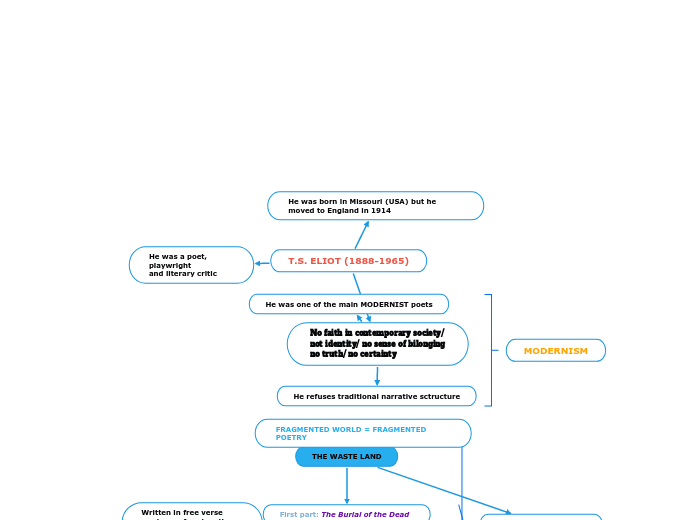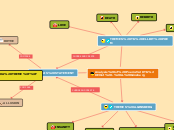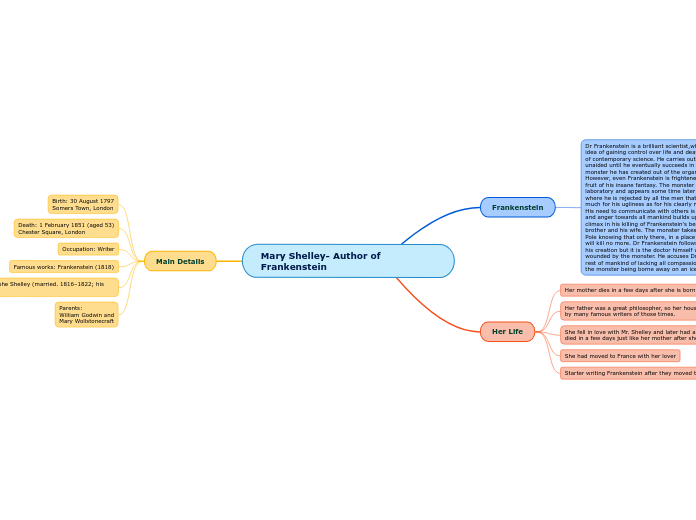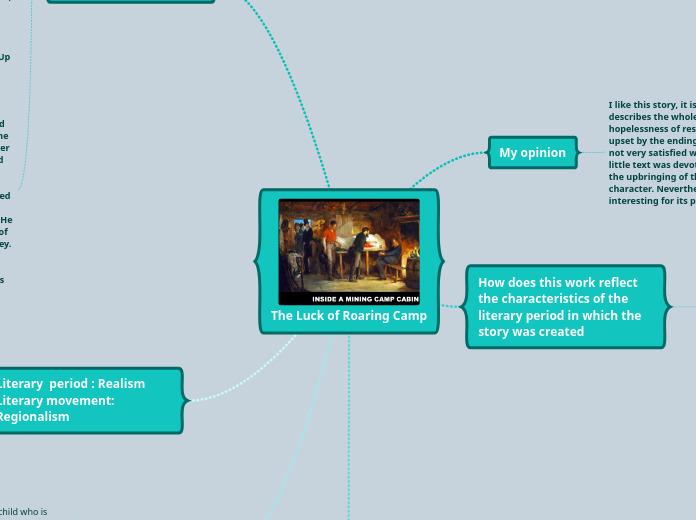av Katja Masucci för 2 årar sedan
757
T.S. ELIOT (1888-1965)
T.S. Eliot's work paints a stark picture of post-war society, with modern London depicted as a desolate and sterile landscape. His poem, characterized by its fragmented structure and free verse, reflects the chaotic and disjointed nature of contemporary life.









